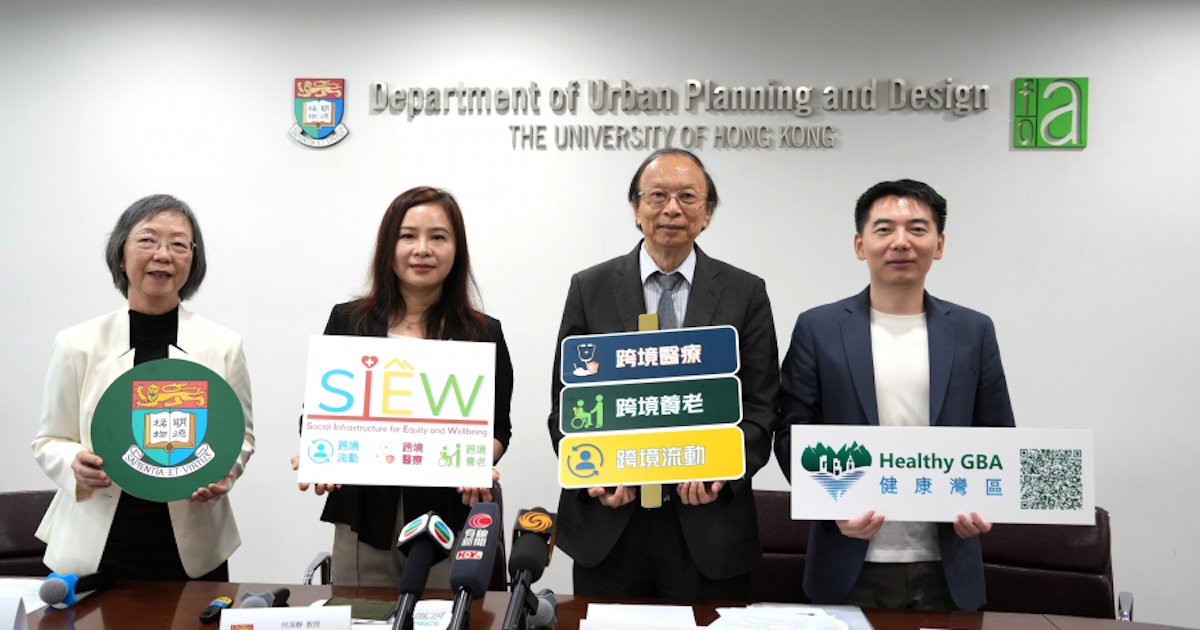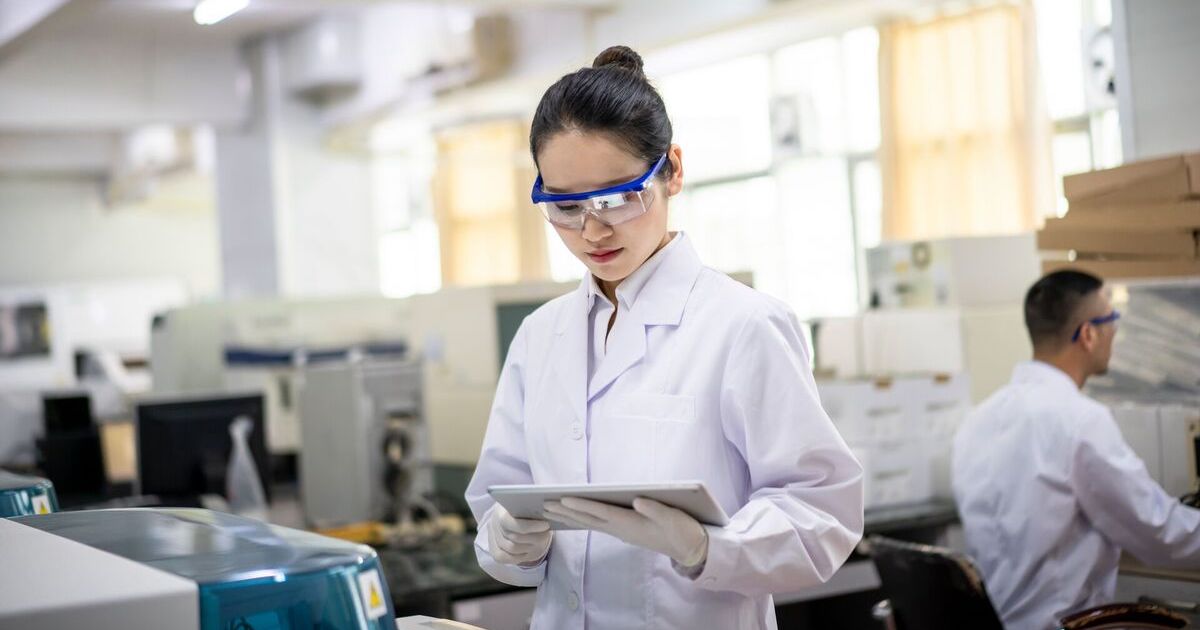
Clinicians at Singapore General Hospital have developed an AI-powered chatbot that helps them prepare for surgery, including going over constantly evolving guidelines.
The research team developed the chatbot called PEACH (Perioperative AI Chatbot) for the hospital's Preoperative Assessment Clinic. They collaborated with the Singaporean government's Open Government Products, an experimental team of engineers, designers, and product managers of technology solutions, to integrate SGH's perioperative guidelines into a large language model-based AI assistant.
HOW IT WORKS
According to SGH, doctors simply input relevant patient information from EHRs into PEACH, which then performs multiple tasks. It can answer perioperative-related anaesthesia questions, draft referral letters and patient instructions, summarise key anaesthesia-related issues, and generate perioperative care plans.
The chatbot can also be tasked with triaging pre-surgery patients, advising whether assessments should be done by phone, at the clinic in person, or on the day of the surgery.
FINDINGS
The research team conducted two studies from November to February to validate the chatbot's effectiveness. Findings have been published in npj Digital Medicine and presented at Euroanesthesia, the annual anaesthesiology and intensive care congress in Portugal.
In the first study that assessed 240 interactions, the chatbot demonstrated 98% accuracy in making pre-surgery recommendations with less than 2% hallucination, which refers to AI's falsely generated information, and less than 1% guideline deviation rate.
The second study, which examined over 270 actual patient assessments, found that doctors primarily used PEACH for complex cases. They also highly rated the tool for safety, explainability, and comprehensibility.
Meanwhile, human reviewers confirmed the AI's output accuracy across studied cases. PEACH reportedly performed well in medium-complexity cases, which helped reduce documentation time by nearly six minutes per patient. This potentially results in projected savings of over 600 junior doctor hours and around 60 senior doctor hours annually, according to SGH researchers.
Following these studies, Singapore's Health Sciences Authority approved the deployment of PEACH in healthcare settings.
WHY IT MATTERS
The preoperative clinic at SGH sees about 25,000 pre-surgery patients per year. Each pre-surgery preparation, their doctors pore over "more than 400 pages" of ever-updating perioperative guidelines, which the hospital said "make consistent adherence challenging." This likely leads to suboptimal preparation and postponement of surgeries, further adding to their administrative workload. To address these difficulties, SGH doctors developed the AI chatbot.
Another important function of this chatbot, the clinicians noted, is its ability to triage pre-surgery patients, which potentially helps reduce wait times.
"[The] system's ability to triage patients effectively means we can better allocate our resources where they're needed most. This is about working smarter to deliver better care," emphasised Dr Hairil Rizal, associate professor at SGH Department of Anaesthesiology and senior author of the PEACH papers.
THE LARGER TREND
An AI tool was deployed at SGH two years ago, which also aimed to improve pre-surgery assessment. The predictive AI tool can assess a patient's fitness for surgery. It is based on SGH's Combined Assessment of Risk Encountered in Surgery calculator, which was refined by incorporating machine learning.
Meanwhile, another research team at SGH recently collaborated with the A*STAR Institute of Molecular and Cell Biology in developing an AI that predicts liver cancer recurrence.
ON THE RECORD
"PEACH represents a significant step forward in how we manage preoperative assessments. By integrating our comprehensive perioperative guidelines with AI technology, we've created a tool that not only enhances patient safety but also helps doctors make more efficient and consistent decisions," said Dr Ke Yuhe, an associate consultant of anaesthesiology at SGH, who led the PEACH project.
"What excites me most about PEACH is how it's transforming our clinical workflow at [the preoperative clinic]. When you're seeing thousands of pre-surgery patients annually, every minute saved on administrative tasks is a minute gained for patient care," Dr Rizal also shared.


